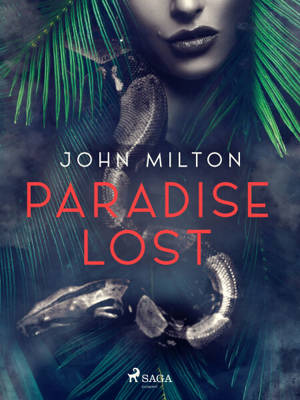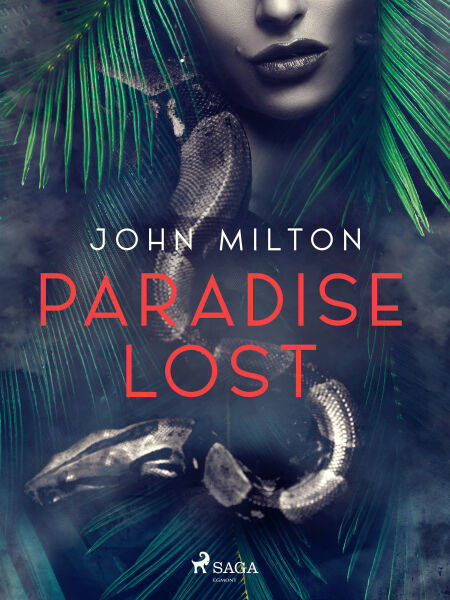
Bedankt voor het vertrouwen het afgelopen jaar! Om jou te bedanken bieden we GRATIS verzending (in België) aan op alles gedurende de hele maand januari.
- Afhalen na 1 uur in een winkel met voorraad
- In januari gratis thuislevering in België
- Ruim aanbod met 7 miljoen producten
Bedankt voor het vertrouwen het afgelopen jaar! Om jou te bedanken bieden we GRATIS verzending (in België) aan op alles gedurende de hele maand januari.
- Afhalen na 1 uur in een winkel met voorraad
- In januari gratis thuislevering in België
- Ruim aanbod met 7 miljoen producten
Zoeken
Omschrijving
"Better to reign in Hell than to serve in Heaven."
It's the classic temptation - power. And these are the words John Milton puts on the forked tongue of the serpent when it speaks to Adam and Eve.
We know how it ends - an apple, nakedness and banishment.
But in 'Paradise Lost', Milton turns a few Bible verses into a true epic. In 10,000 lines of beautiful but dark verse, he tells the parallel stories of Satan and of Adam and Eve.
With greed, temptation, lust, sex, deception, shame and much more, it is a classic whose themes are as relevant and alluring today as ever before.
John Milton (1608-1674) was almost 60 when he produced his masterpiece, 'Paradise Lost'.
He was an English poet who served as a civil servant under Lord Protector Oliver Cromwell in the 17th century. Before this, he was considered a dangerous radical as he published rebellious pamphlets during the reign of Charles I.
A famed republican, his work 'Areopagitica' was a scorching condemnation of pre-publication censorship.
The Restoration of Charles II saw Milton marginalised from 1660. He died blind and impoverished.
It's the classic temptation - power. And these are the words John Milton puts on the forked tongue of the serpent when it speaks to Adam and Eve.
We know how it ends - an apple, nakedness and banishment.
But in 'Paradise Lost', Milton turns a few Bible verses into a true epic. In 10,000 lines of beautiful but dark verse, he tells the parallel stories of Satan and of Adam and Eve.
With greed, temptation, lust, sex, deception, shame and much more, it is a classic whose themes are as relevant and alluring today as ever before.
John Milton (1608-1674) was almost 60 when he produced his masterpiece, 'Paradise Lost'.
He was an English poet who served as a civil servant under Lord Protector Oliver Cromwell in the 17th century. Before this, he was considered a dangerous radical as he published rebellious pamphlets during the reign of Charles I.
A famed republican, his work 'Areopagitica' was a scorching condemnation of pre-publication censorship.
The Restoration of Charles II saw Milton marginalised from 1660. He died blind and impoverished.
Specificaties
Betrokkenen
- Auteur(s):
- Uitgeverij:
Inhoud
- Aantal bladzijden:
- 453
- Taal:
- Engels
Eigenschappen
- Productcode (EAN):
- 9788728069837
- Verschijningsdatum:
- 24/05/2022
- Uitvoering:
- E-book
- Beveiligd met:
- Digital watermarking
- Formaat:
- ePub

Alleen bij Standaard Boekhandel
+ 1 punten op je klantenkaart van Standaard Boekhandel
Beoordelingen
We publiceren alleen reviews die voldoen aan de voorwaarden voor reviews. Bekijk onze voorwaarden voor reviews.









